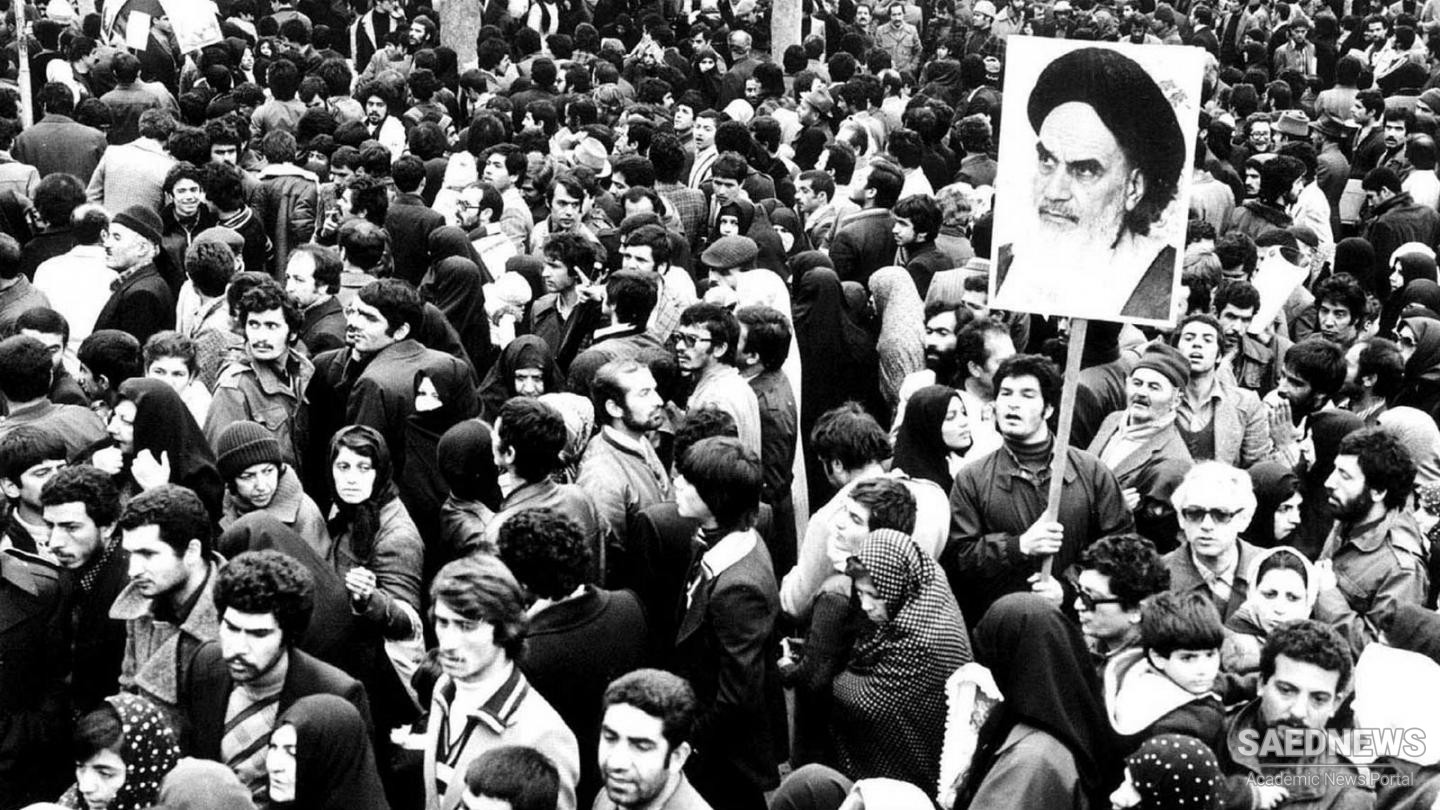Imam Khomeini's movement cannot be regarded simply as ‘national mobilization’, but entailed other elements. Imam Khomeini’s rhetoric was also driven by a commitment to the ‘deprived’ and ‘downtrodden’ masses in whose name the Revolution was made. The success of the Revolution was accompanied by promises of a more just and egalitarian society. This appeared to signal a redistribution of wealth that questioned the status of private property, the role of the state and economic policy. Imam Khomeini depicted society as divided into two conflicting classes. The deprived and disinherited masses, the mostaz’afin or mahroomin, had been exploited by the dominant class and oppressors, the taghoutis and zalemin, as a result of the socio-economic programmes of the Shah backed by imperialist policies. His rhetoric promised to address this conflict and the widening gap between rich and poor, to redistribute land, to house the homeless and shanty-town dwellers and to provide welfare for the poverty-stricken masses. This was the ‘"communitarianist’ element of Imam Khomeini's Movement. Imam Khomeini’s writings nonetheless indicate general knowledge of economic theory. His directives on socio-economic questions merely postulate the defence of the interests of the deprived, with little acknowledgement of fundamental contradictions of class society. However, there is a concrete programme for the restructuring of social relations or transformation of the economic system. The issue of social justice was couched in the language of religion. An Islamic social model was to provide the solution to the problems of the underprivileged masses, as religion was instrumentalised in the populist discourse as the vehicle for the expression of social demands. The full consideration of the fundamental contradictions of class society and the problems of promoting a redistributive version of Islam under conditions of diverging interests of social groups was evident also in the tracts of other leading figures of the Revolution on ‘Islamic economics’, which claimed that Islam could serve as an alternative and unique model for the socio-economic organisation of society. While criticising the inegalitarian nature of capitalist society and adopting an anti-capitalist position, their arguments rejected and claimed to go beyond secular Marxist analyses based on the class contradictions of capitalist society and presented Islam as an alternative means for social transformation.


 Anti-Imperialism, Islamic Integrity and Universal Plans of Islamic Republic
Anti-Imperialism, Islamic Integrity and Universal Plans of Islamic Republic














































